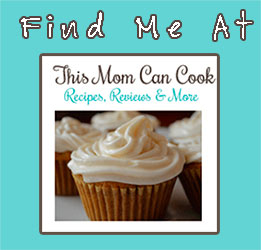 In early May, Queen’s University Belfast released a report that baby food contained far more inorganic arsenic than was allowed under the European Union’s official food safety regulations.
In early May, Queen’s University Belfast released a report that baby food contained far more inorganic arsenic than was allowed under the European Union’s official food safety regulations.
By far the biggest offender was rice. Makers of both rice cakes and rice cereal, commonly used to help transition babies away from formula, were particularly non-complaint with 61% and 32% respectively not meeting the guidelines.
The excess arsenic violates a similar regulation established by the U.S. Food and Drug Administration back in April 2016.
For many parents, even minor health issues can be draining; a single child can average anywhere from six to 10 colds a year. The thought that there might be such a poisonous substance in your baby’s food is a nightmare come to life.
And it’s easy to understand why parents might fret. “Babies are particularly vulnerable to the damaging effects of arsenic, which can prevent healthy development of a baby’s growth, IQ and immune system, to name but a few,” said Andy Meharg, a professor at Queen’s University Belfast, to the Guardian.
In both Europe and the United States, great lengths are taken to ensure that water and food are free of arsenic. Distillation is the most effective method, removing about 98% of arsenic from water — although Anion exchange has been known to remove as little as 90% and as much as 100%. Even basic activated carbon filters will reduce arsenic levels by 40-70%.
But unfortunately, most of the arsenic in food comes from the soil in which it was grown. Susceptible crops, like rice, can absorb a far greater deal than more resilient crops like quinoa.
For parents who are concerned with the level of arsenic in their baby’s rice cakes and cereal, the best solution is to avoid rice as much as possible. Choose wheat based products or, if you opt for a more gluten-free lifestyle, choose products made of quinoa and millet.





Leave a Reply